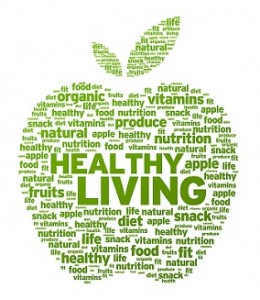Submitted by David Brimm
 When supermarkets and restaurants dramatically expand their offerings for gluten-free food, something big is happening in health and nutrition. Gluten, a protein in several grains, has come under fire for directly causing a variety of health conditions, and is connected to celiac disease.
When supermarkets and restaurants dramatically expand their offerings for gluten-free food, something big is happening in health and nutrition. Gluten, a protein in several grains, has come under fire for directly causing a variety of health conditions, and is connected to celiac disease.
The result, according to Dr. Decker A. Weiss, NMD, FASA and co-host of “It’s Your Health and It Ain’t Rocket Science” radio talk show on www.radiomd.com who has a gluten allergy, recommends that even if you aren’t allergic to gluten or have celiac disease, gluten should be avoided.
“The food industry upped their gluten content in many foods, such as pasta and flour, to make it more user friendly. But too much gluten isn’t good for anyone, and it should stay out of our diets,”’ recommended Dr. Weiss.
Substituting for regular co-host, Dr. Holly Lucille, ND, RN, was Melanie Cole, MS, RadioMD’s Director of Operations, who holds a Master of Science in Exercise Physiology/Kinesiology. Although Cole doesn’t have gluten sensitivity, she agrees that celiac disease is real, as are wheat allergies.
“A cynical person would say that the gluten-free craze has prompted supermarkets to add more gluten-free aisles. But if you have gluten sensitivities, you have a lot more options,” said Cole.
Dr. Weiss notes that those with gluten sensitivities can suffer from symptoms that include GI distress, cramping, bloating, gas, headaches (even migraines), fibromyalgia, and even mood shifts and irritability.
“If you have gluten sensitivity, read labels carefully and stick with brands that you know are actually gluten free. Make a habit of shopping in health food stores that you can trust. Remember that if you are gluten sensitive, even a little bit of gluten, like a little bee sting, can really have a dramatic effect on your body’s immune system,” concluded Dr. Weiss.
For a recap of the show, click here.
